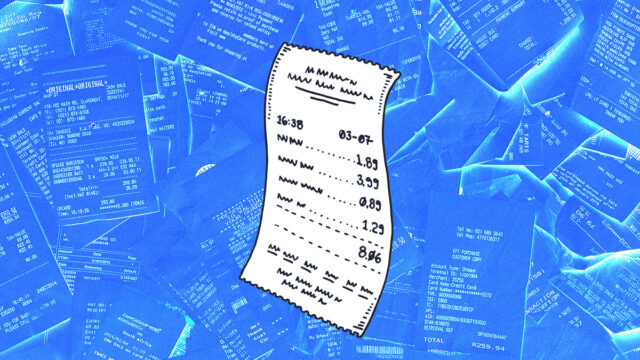One of the most-discussed topics of 2024 will be the deprecation of third-party cookies, making other sources of data even more important to businesses.
The most valuable of these other data sources is zero-party data, which is proactively provided by customers—typically because that customer actually wants to hear from the brand, and often because there is an incentive for the exchange of that data.
Zero-party data differs in that it’s willingly shared, with clear communication and transparency on how the data will be used, while first-party data is merely collected from customer interactions on-site, in-app, in-store and through other indirect collection methods.
It’s easy to see how zero-party data lends itself to superior quality. Its voluntary nature makes it the most valuable type of data, allowing businesses to personalize customer experiences and deepen loyalty. It respects consumers’ privacy rights and makes it easier for companies to tailor communications while acknowledging right to be forgotten laws.
In our recent data privacy study, which surveyed more than 45,000 people in the U.S. aged 25 and over, we found that only 30% of respondents were willing to exchange data for compensation. Even more interesting is the value that individuals place on their data—for example, 50% of respondents valued their DNA data at more than $500, while 32% of respondents valued their TV viewing data at nothing.

The wide range in data values and data types speaks to the larger issue of whether people understand what data they’re sharing and the value they receive for it. This is where zero-party data can provide businesses with a path forward. If the past two decades have taught us anything, it’s that people are concerned about their data and are demanding more accountability from businesses in how it’s being collected and used.











